trending topics
market reports
-

Registration Now Open: MEDICAL JAPAN 2026 OSAKA – Western Japan’s Largest Healthcare Trade Show
2026-02-10
-
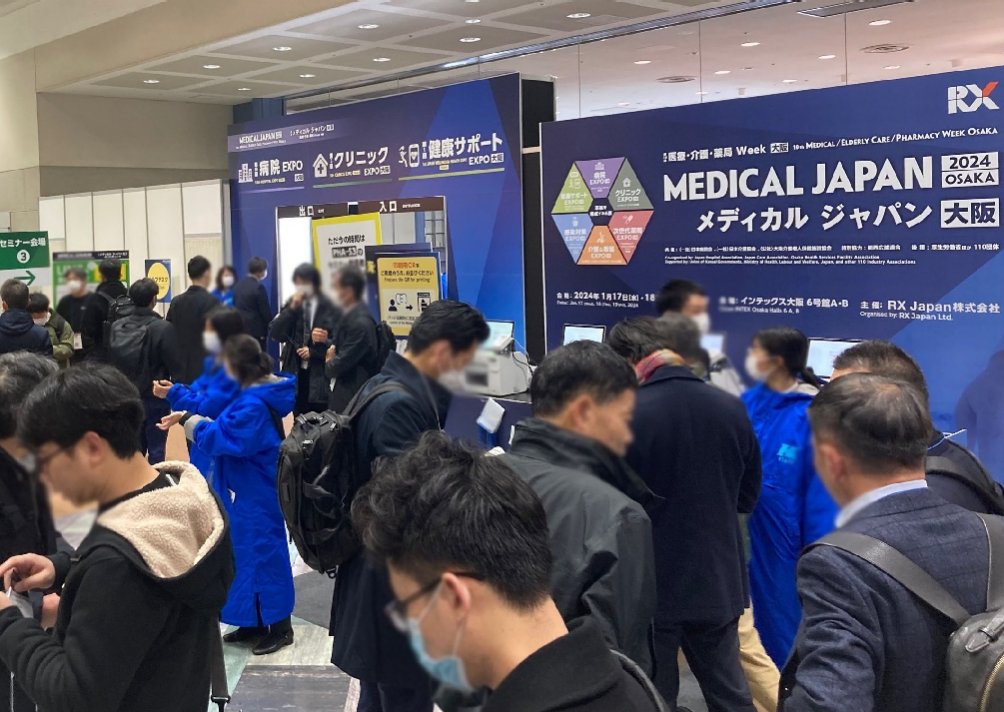
MEDICAL JAPAN 2025 OSAKA Returns to Showcase Global Innovations
2025-02-17
-
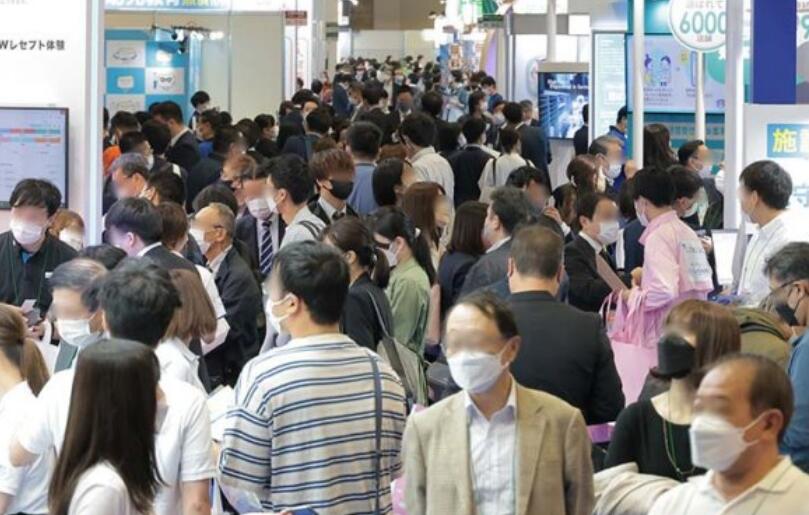
Visit MEDICAL JAPAN 2023 TOKYO and take full advantage of the business opportunities!
2023-09-01
-
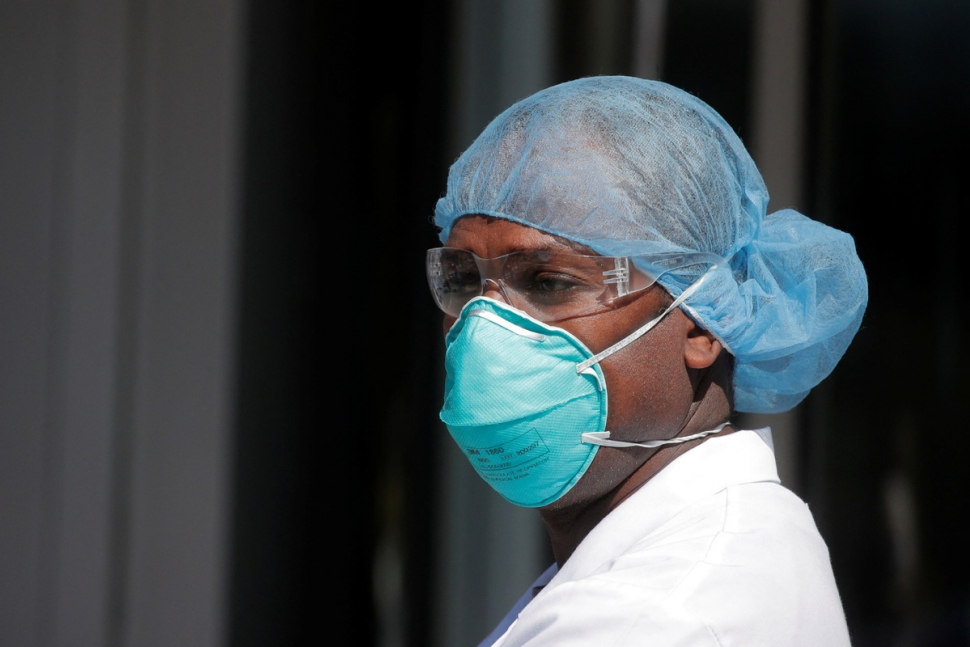
US to distribute 400 million free N95 masks at CVS, Walgreens in COVID fight
2022-01-21
-

Ethiopia receives additional 2.2 mln doses of Chinese-donated COVID-19 vaccines
2022-01-21
-
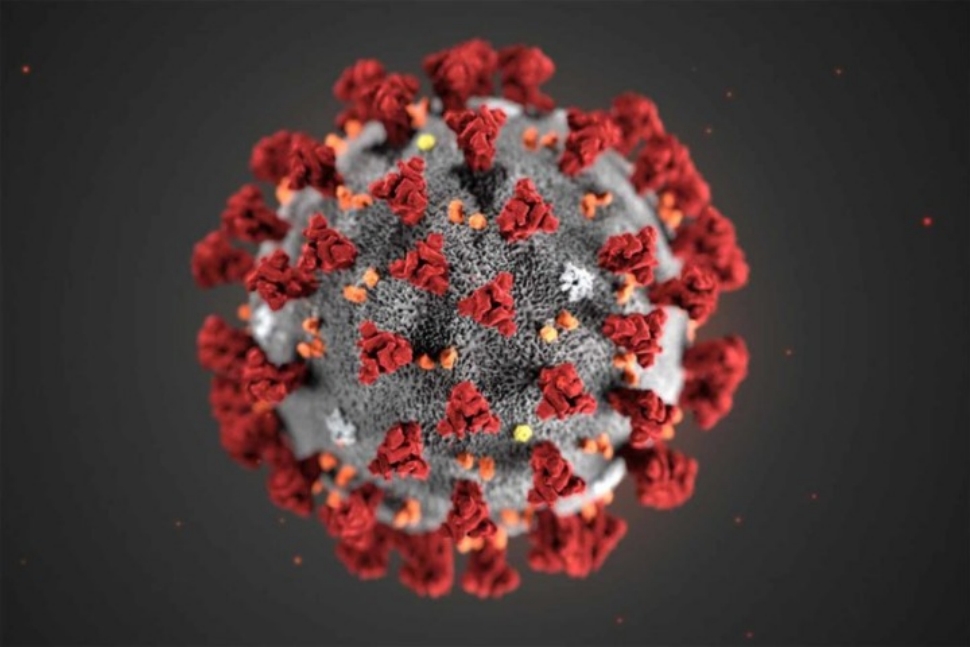
Hong Kong researchers say they develop novel material able to kill COVID-19 virus
2022-01-14
-
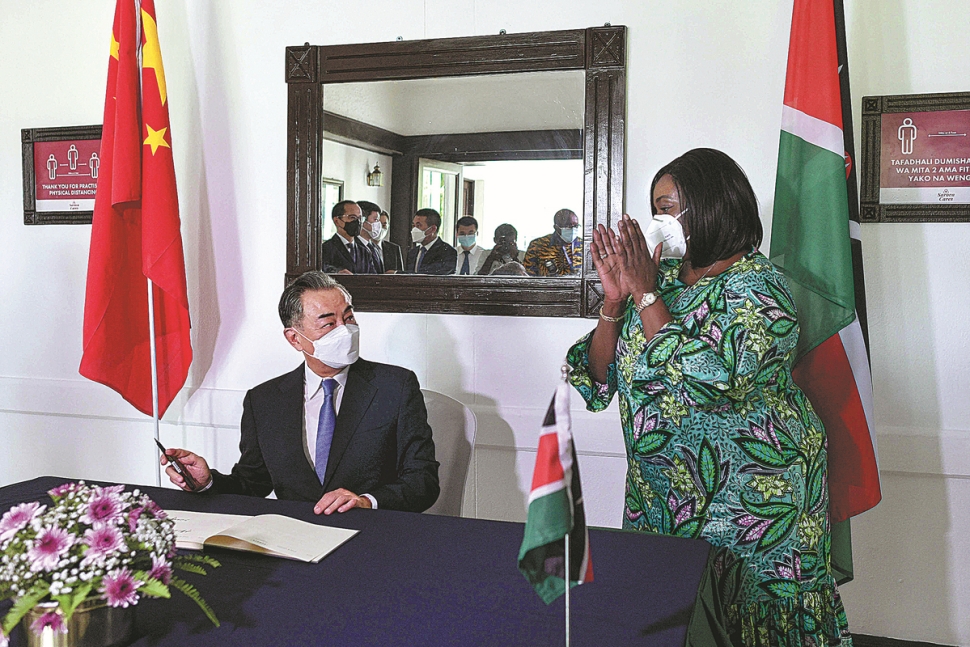
10 million more Chinese doses on way for Kenya
2022-01-14
-

Sino-African ties on track for a brighter future
2022-01-07
-
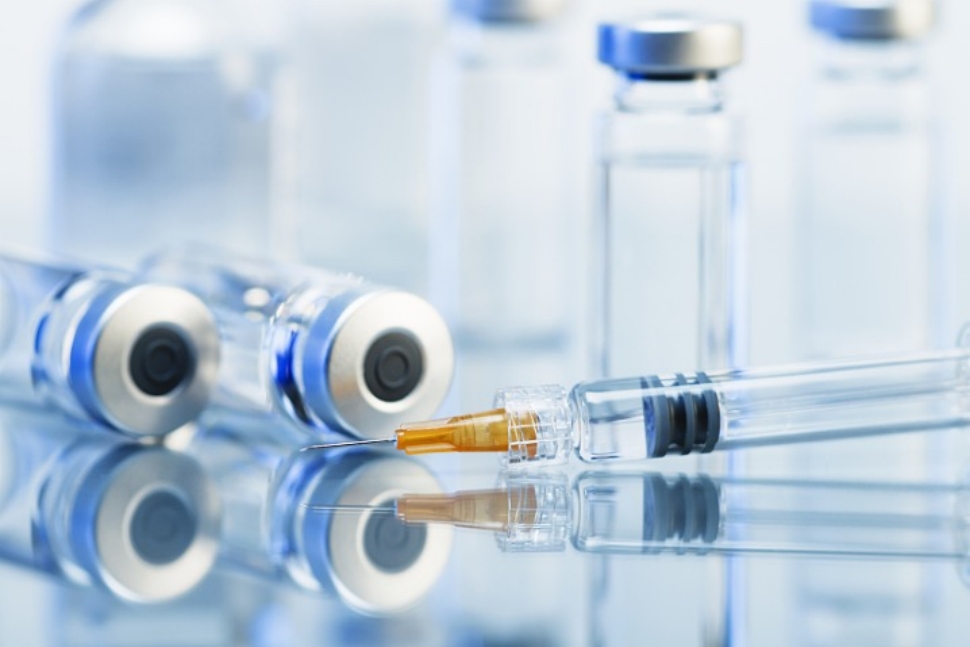
Efforts urged to boost COVID-19 vaccine production capacity in poor countries
2022-01-07
-
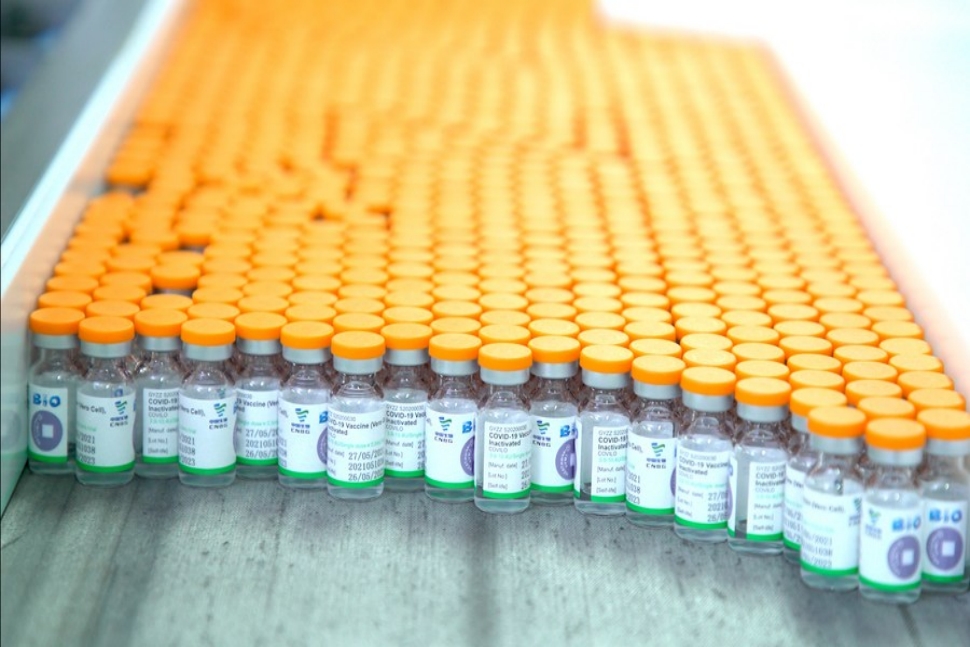
UAE approves Sinopharm's new protein-based COVID-19 vaccine
2022-01-07
COVID-19's effect on health may linger
2020-12-01
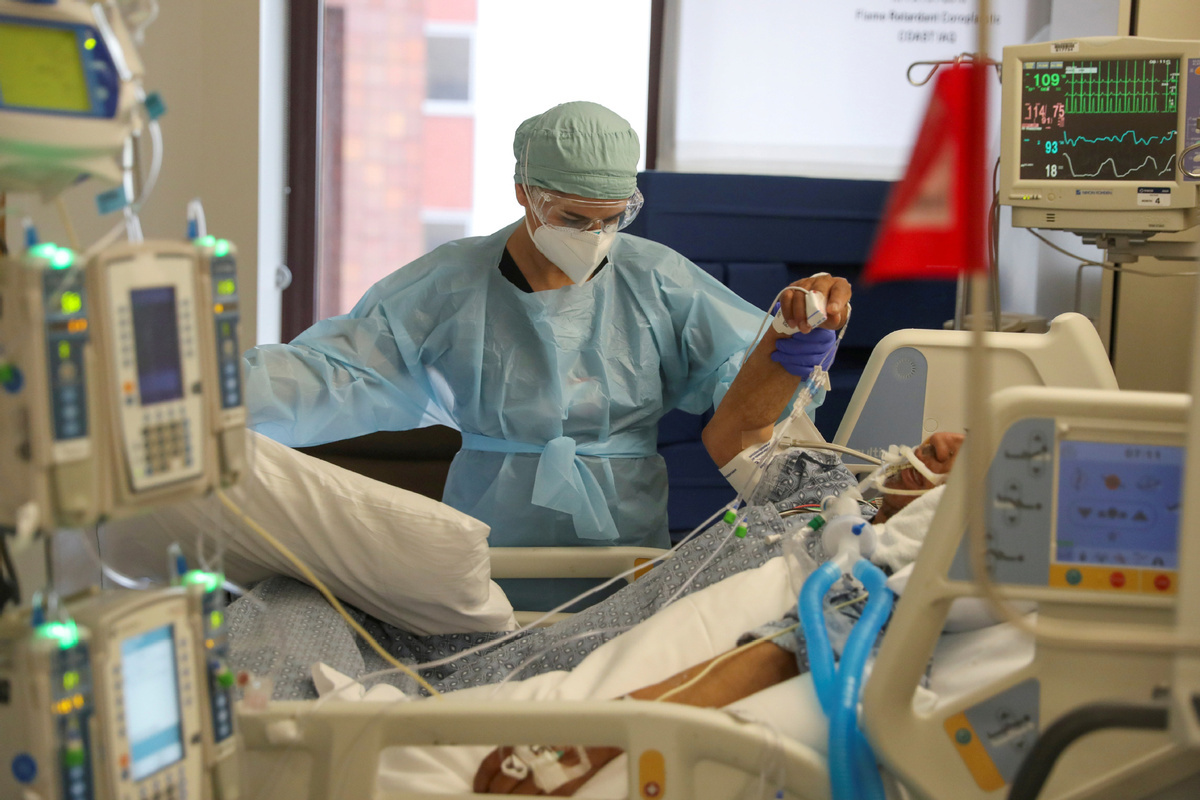
A doctor at a hospital in Los Angeles, California, attends to a COVID-19 patient, May 18, 2020. [Photo/Agencies]
COVID-19 and related diseases may cause lasting health problems, with more than 70 percent of cured patients still showing at least one symptom after recovery, according to a study.
The study, which tracked 1,733 COVID-19 patients discharged from Wuhan Jinyintan Hospital in Hubei province between Jan 7 and May 29, found that discharged COVID-19 patients are mainly troubled with fatigue, muscle weakness, sleep difficulties and anxiety.
The median follow-up time after which the patients started to show symptoms was six months, said Cao Bin, the study's leading researcher and vice-president of the China-Japan Friendship Hospital.
The findings were released at the Lancet-CAMS (Chinese Academy of Medical Sciences) Health Conference that kicked off in Beijing on Monday afternoon.
The results showed that six months after patients first reported COVID-19 symptoms, about 50 percent of them still had at least one symptom. More than 20 percent reported psychological complications.
During hospitalization, more severe patients tend to have more severely impaired lung diffusion capacity and abnormal chest imaging, Cao said.
"It is necessary to conduct follow-up studies in recovered COVID-19 patients to better understand the consequences, prognosis, origin and development of the disease for early medical intervention," Cao said.
"Such studies can also provide information for the development of vaccines and drugs, and we can be better prepared for potential outbreaks in the future," he added.
Previous research in China and other countries have indicated that discharged COVID-19 patients might have persistent symptoms such as impaired lung function and poorer quality of life, but the duration is much shorter-the longest follow-up time previously reported was about three months, Cao said.
The research and tracking was conducted at the outpatient clinic of Wuhan Jinyintan Hospital, where trained physicians interviewed participants face-to-face, asking them to complete several questionnaires.
The research involved other tests such as a six-minute walk and blood test.
Based on the study, cured COVID-19 patients' physical and mental well-being still need to be carefully attended, even after they are discharged from hospitals, he said.
"It is recommended that recovered COVID-19 patients get regular exercise, avoid alcohol and smoking, get psychological counseling if necessary, and have a balanced diet," Cao said.
"They should also continue taking medicines recommended by doctors while following hygiene and social distancing procedures."
Though the pandemic has been plaguing the world for almost a year, much about the virus is still unknown, including the health impact on recovered patients.
Research has been published in various journals such as Lancet and the Journal of the American Medical Association indicating that, like patients who recovered from SARS, some cured COVID-19 patients are poised to face prolonged physical or psychological damage.
Zhang Boli, an academician of the Chinese Academy of Engineering and a prominent expert in traditional Chinese medicine, said earlier that cured COVID-19 patients, especially critically ill patients, are likely to have long-term health problems including damage to their immune system and organs such as their lungs, heart and kidneys that will require rehabilitation for proper recovery.
In general, however, most cured patients will not suffer from lingering health consequences for too long and will recover soon, he added.
(China Daily)



 My Member
My Member Message Center
Message Center











